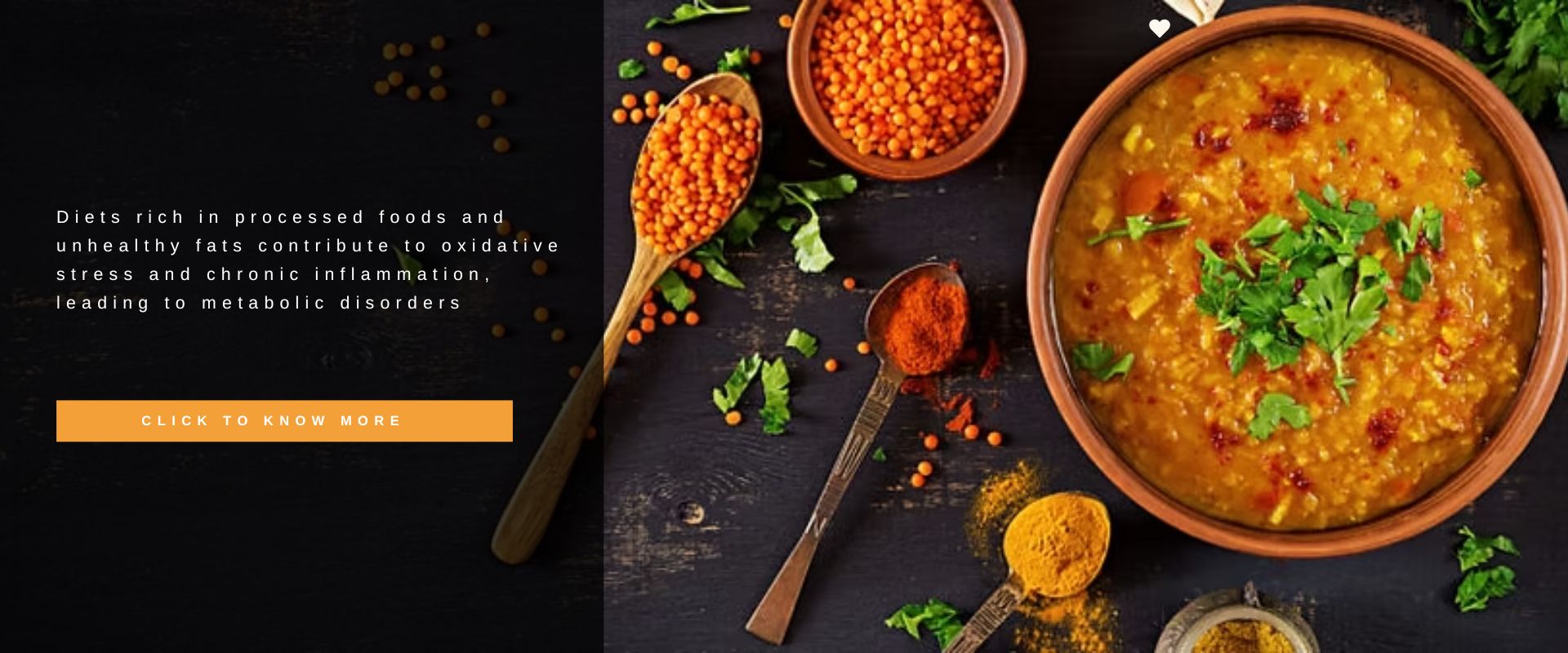In a world where dietary choices significantly influence individual health and national well-being, embracing a whole food-based diet can be a transformative step. Imagine a future where nutritional poverty is eradicated, where individuals thrive with vitality, and where food choices empower rather than harm. Such a vision is achievable through an understanding of nutrition’s impact and the conscious adoption of healthy eating habits.
The Science Behind Nutrition and Well-Being
Nutrition is more than just fueling the body; it is an intricate science that affects cellular function, metabolism, and disease prevention. Poor nutrition is a leading contributor to non-communicable diseases (NCDs) such as cardiovascular disease, diabetes, and obesity. According to research, diets rich in processed foods and unhealthy fats contribute to oxidative stress and chronic inflammation, leading to metabolic disorders. Conversely, a nutrient-dense diet abundant in whole grains, legumes, vegetables, and healthy fats provides antioxidants, fiber, and essential micronutrients that promote longevity and disease resistance.
Healthy Eating Habits for Adults
Adopting sustainable and health-promoting eating patterns is crucial for long-term well-being. Adults can optimize their diets by incorporating:
- Diverse Plant-Based Foods: A variety of colorful fruits, leafy greens, whole grains, and legumes ensure a broad spectrum of vitamins and minerals.
- Mindful Eating Practices: Eating slowly, savoring meals, and recognizing satiety cues prevent overeating and support digestion.
- Hydration: Water plays a pivotal role in metabolic processes, and staying adequately hydrated prevents fatigue and improves cognitive function.
- Limited Processed Foods: Reducing refined sugars, trans fats, and sodium can lower the risk of hypertension and other metabolic disorders. Avoid / Reduce bakery and processed foods.
- Adequate Protein Intake: Legumes, lentils, nuts, and seeds provide essential amino acids necessary for muscle repair and immune function.
Balanced Diet: A Practical Perspective
A balanced diet is not about restrictions but about the right proportions of macronutrients (carbohydrates, proteins, and fats) and micronutrients (vitamins and minerals). An ideal balanced diet includes:
- Whole Grains: Millets, brown rice, and whole wheat chapatis provide sustained energy and fiber.
- Protein-Rich Legumes: Dal, chickpeas, and soy products offer plant-based protein alternatives.
- Healthy Fats: Nuts, seeds, and cold-pressed oils such as mustard or coconut oil contribute essential fatty acids.
- Probiotic Foods: Fermented foods like idli, dosa, and homemade curd support gut microbiota and digestive health.
- Seasonal and Local Produce: Fresh, regionally available fruits and vegetables ensure maximum nutrient retention.
Making Informed Food Choices and Supplements
While whole foods should be the primary nutrient source, some populations, including pregnant women and the elderly, may benefit from supplementation. Essential nutrients to consider include:
- Vitamin B12: Found primarily in animal products, supplementation is essential for those on a strict plant-based diet.
- Iron: Non-heme iron from plant sources like spinach and lentils should be paired with vitamin C-rich foods for better absorption.
- Omega-3 Fatty Acids: Flaxseeds, walnuts, and algae-based supplements support cardiovascular and brain health.
- Calcium and Vitamin D: Crucial for bone health, obtained from fortified plant milk, sesame seeds, and adequate sun exposure.
Taking the First Step Toward a Healthier Future
Small, sustainable dietary changes can have a profound impact on health. Whether it’s replacing refined grains with whole grains, adding a handful of nuts to your daily intake, consciously reducing sugar consumption or eating at right time , every step counts. A nutritionally aware population leads to a stronger workforce, reduced healthcare burden, and ultimately, a thriving nation. By making informed food choices today, we contribute to a healthier future for generations to come.





